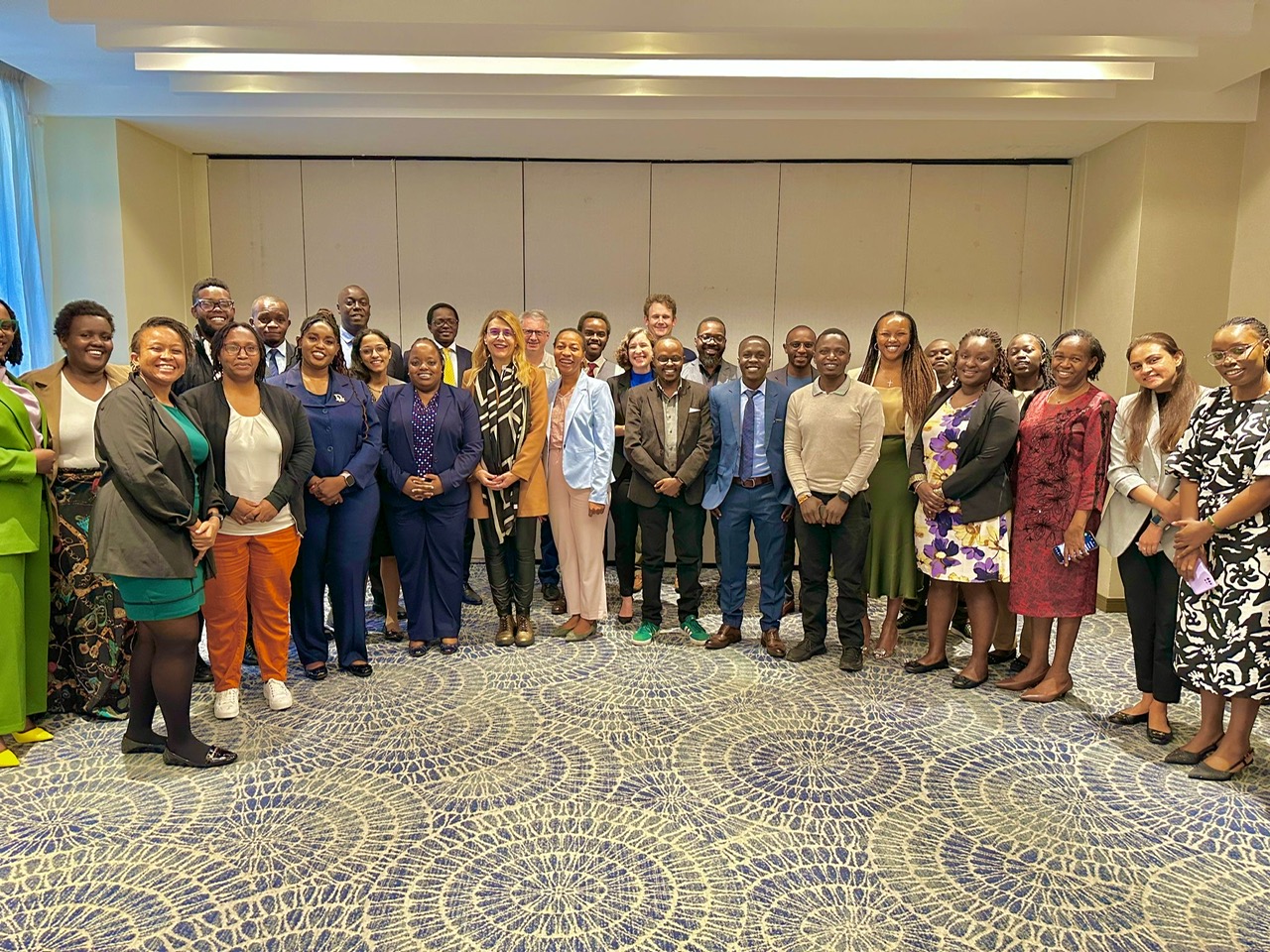We are excited to announce that Brink is now part of Africa Practice. Learn more
Fintech regulation: The case for collaboration

Africa’s fintech ecosystem continues to grow in leaps and bounds, raising over USD 2 billion in investment in the first half of 2022 – a 192% increase compared to the same period last year. To many, this growth may seem frictionless, as companies seek out innovation to cater to the diverse needs of increasingly sophisticated consumers and navigate market shifts with agility.
Much of this is linked to how fintechs often operate outside the usual boundaries of financial service providers, existing in somewhat grey or undefined regulatory areas within a sector usually associated with rigidity and compliance. While some regulators may seem to react to this overzealously, collaboration between regulators and fintechs is essential to create long-term solutions that serve the public good while enabling innovation.
Growing pains
Fintech firms can thrive in a liminal regulatory space, creating products and services that push the limits of what regulators know. Recent events point to African regulators toughening their attitudes towards fintechs as a result, prompting fears of barriers to innovation.
The rapid growth of the industry has shown the need for further scrutiny to protect consumers, as well as create an enabling environment for both investment and innovation. This isn’t to say regulators always act in good faith or are focused on being pro-consumer. This is especially the case in African markets where major pillars of the financial services market, such as credit and insurance, are still in their infancy with fintechs quickly moving to plug gaps. While these firms may have the innocent goal of extending financial inclusion to the masses, regulators instead see a possible threat in fintechs becoming major pillars in their financial systems.
“Taming” the crypto craze
The protective nature of regulators, as the guardians of consumers and market stability, leads many officials to have short-term outlooks.
Take the case of cryptocurrency in Nigeria, where market instability and currency devaluation pushed the country into a “crypto-craze”. While the Central Bank of Nigeria (CBN) has taken a hardline stance against financial institutions’ trading and enabling payments for crypto exchanges, this has done nothing to slow their uptake. More Nigerians are turning to crypto as an alternative to store and transfer assets, with over 52% of Nigerian crypto investors having allocated more than half of their assets to cryptocurrencies.
While the CBN’s fears, mainly stemming from perceived similarities between crypto and the country’s ever-growing foreign currency black market, might be valid, the top-down approach has created friction with the sub-sector while doing little to limit its growth.
New spaces for collaboration
Meanwhile, South Africa has taken a different approach that could see crypto assets regulated by the end of 2022. The country’s Intergovernmental Fintech Working Group has been working closely with industry participants and stakeholders since 2016, determining that crypto assets are a growing factor that can no longer be ignored.
In a similar vein, the Bank of Uganda (BoU) has made a U-turn on its previous stance against digital assets. While April 2022 saw the BoU warn firms that allowing crypto transactions could see their licences revoked, in June the central bank offered an olive branch to the Blockchain Association of Uganda in the form of access to its regulatory sandbox. The controlled environment of these sandboxes provides a safe space for regulators and fintechs to learn and collaborate without the anxieties of material consequences, leading to their growing popularity. Kenya’s Capital Markets Authority has been a pioneer on this front, launching Africa’s first regulatory sandbox in 2019 and revealing that crypto firms would be considered for participation in 2021.
Outlook
The nature of fintech innovation has left regulators to play catch-up as new products and services push the boundaries of their knowledge and existing regulations. Fintechs grow to meet the needs of consumers rather than waiting for regulators to catch up, creating an inevitable push and pull. Reassuring has been the fact that more spaces are emerging for regulators and fintechs to meet and learn from one another, fostering a more collaborative – and thus productive – relationship.
About the author
Jasmine Okorougo is an Associate Consultant at Africa Practice with a special focus on political economy and digital financial service developments across sub-Saharan Africa. She can be reached at [email protected].
Related articles
Proud to be BCorp. We are part of the global movement for an inclusive, equitable, and regenerative economic system. Learn more


